After addiction treatment, one of the biggest struggles is coping with triggers. Triggers represent anything that puts you in a mindset where you might be reminded of previous drug or alcohol use or enticed into relapsing.
In isolation, triggers do not automatically lead to a relapse, but they can make it more challenging to resist cravings. In effect, a trigger acts like a cue that activates certain parts of your brain, which leads to cravings, and you need to learn how to cope with those feelings and avoid giving in to the temptation.
Some examples include:
- Social isolation
- Mental illness
- Negative self-talk or negative emotions
- Stress
- New jobs or school
- Nostalgia
- Relationships
- Locations or situations where you are exposed to drugs or alcohol
- Overconfidence
- Anger
- Exhaustion
- Hunger
Why Triggers Are Bad
Coping with triggers is important after addiction treatment because they can cause a wide range of emotions that might encourage you to use drugs or alcohol. Rest assured that triggers are a regular part of the recovery process, and what matters most is learning how to cope with personal triggers.
Coping with Triggers
Triggers are a natural part of your recovery, but they look different for everyone, which is why it’s essential to learn about coping with triggers so that when you’re experiencing isolation, stress, or nostalgia, you know what steps to take.
Avoiding High-Risk Situations
The first way to go about coping with triggers is to avoid high-risk situations in the first place. These are situations that are most likely to encourage a relapse in someone who recently completed addiction treatment.
One example is celebratory events or holiday parties. These tend to be events where people drink socially and recreational drug use might occur. Friends and family who don’t understand addiction or recovery might pressure you to “have just one drink to celebrate with us” or “use a little bit tonight; it’s a party, after all,” not realizing the profound impact that decision could have.
Extricating yourself from the situation does away with peer pressure and risk.
Positive Distractions
Positive distractions can help you avoid high-risk situations and redefine the activities that you consider fun. This is not the same as distracting your mind from your emotions and avoiding how you really feel. Quite the opposite.
With positive distractions, you can utilize tactics that help you remove yourself mentally, emotionally, or physically from a triggering situation or encounter.
For example:
- If you find yourself triggered while in public, you might pull up a calming video on your phone
- If you are triggered at work or in a social setting, you might step away and call someone with whom you are close or immediately go back to work instead of standing around in the environment that triggered you in the first place
Mindful Responses
Mindful responses to triggers are essential for anyone who has completed addiction treatment. Mindful responses allow you a chance to learn from your triggering events and reflect on your emotions rather than trying to repress them.
Mindful responses can include:
- Meditation
- Journaling
- Yoga
- Deep breathing
- Relaxation
These responses help you to relax and focus on the present moment. That could very well include focusing on your temporary discomfort and recognizing and acknowledging it as temporary. This can go a long way toward accepting the emotions you feel when triggered and trusting that they will pass.
Without mindful responses, coping with triggers can lead to an emotional relapse, not just a physical one. Emotional relapse starts with:
- Repressing how you really feel
- Isolating yourself from other people
- Skipping support groups or not sharing when you attend
- Sleeping or eating poorly
All of these steps and decisions can compound, resulting in a compromised state that exposes you to several triggers and risk factors simultaneously.
Coping with Triggers at Marina Harbor
Triggers look different for everyone, and Marina Harbor can offer customized treatment plans for clients that enable each client to figure out what their personal triggers are before it’s too late. Our team works with each client to offer individual and group therapy sessions designed to facilitate open and honest reflection and discussion about triggers and coping skills.


